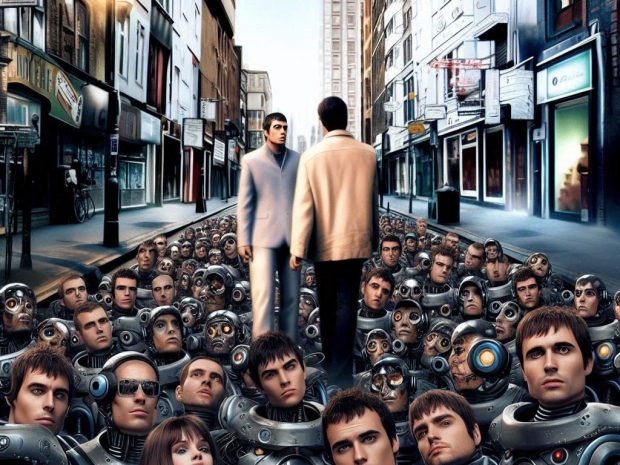Vahid Kazemi declared on X: "We have already achieved AGI." But before you start prepping for robot overlords or demanding your AI assistant finally do the washing up, there’s a catch.
Kazemi quickly clarified, "We have not achieved 'better than any human at any task,' but what we have is 'better than most humans at most tasks.'" Translation? The robots aren’t smarter than you at anything important, but they can juggle a dizzying number of mediocre performances. Call it the jack-of-all-trades, master-of-none approach to intelligence.
Critics have noted that Kazemi’s definition of AGI might be as elastic as a pair of old sweatpants. He’s not claiming OpenAI’s system could outthink an expert chess player, solve climate change, or assemble Ikea furniture without swearing. Instead, it’s apparently about breadth, not depth—because being "better than most humans at most tasks" is an achievement, provided those tasks include writing bland emails and botching recipes.
Kazemi didn’t stop there. Keen to defend the honour of large language models (LLMs) everywhere, he ventured into philosophical waters:
"Some say LLMs only know how to follow a recipe," he mused. "Firstly, no one can explain what a trillion-parameter deep neural net can learn."
A trillion parameters like confidently hallucinating non-existent cities, saying Napoleon invented the internet, or Apple making secure products.
He added, "Even if you believe that, the scientific method can be summarized as a recipe: observe, hypothesize, and verify." Fascinating, isn’t it? If scientific breakthroughs are just recipes, AI can whip up a soufflé of hypotheses, even if it’s more likely to collapse into a puddle of errors.
Kazemi’s proclamation comes hot on the heels of OpenAI quietly removing "AGI" from its deal terms with Microsoft. While we’re sure it’s just a coincidence, it does make you wonder if this declaration of achievement is less "Eureka!" and more "Please, investors, stay excited."
It’s worth noting that despite the hype, there’s still no evidence that an AI has outclassed humans in any real-world workplace.
If the machines ever indeed start competing with humans across the board—solving problems, thinking critically, and doing so without requiring an endless stream of expensive computational power—then, and only then, will Kazemi's musings demand serious attention. Until then, we’ll keep one eye on the robots and the other on Kazemi’s definition of success.
Personally, I don’t think bots will really have AI until they can master sarcasm—most of the US has still not managed that feat.




